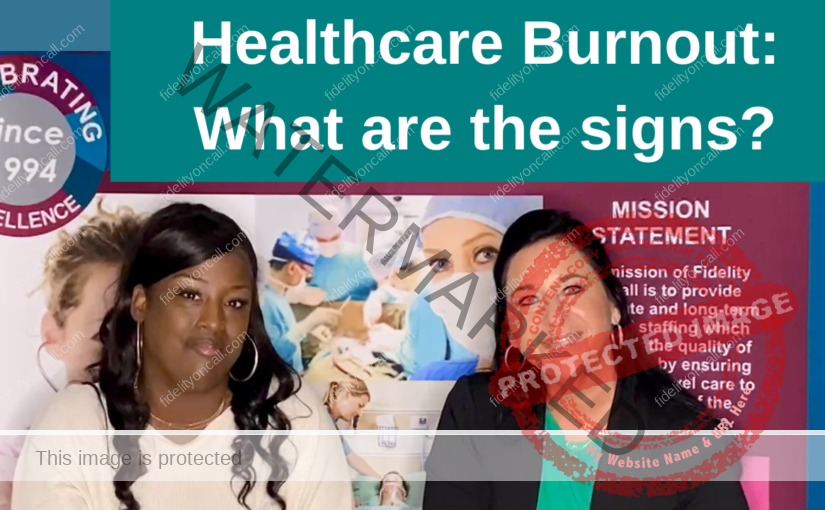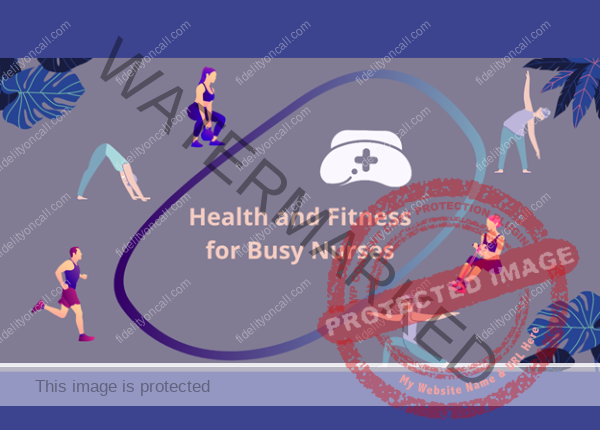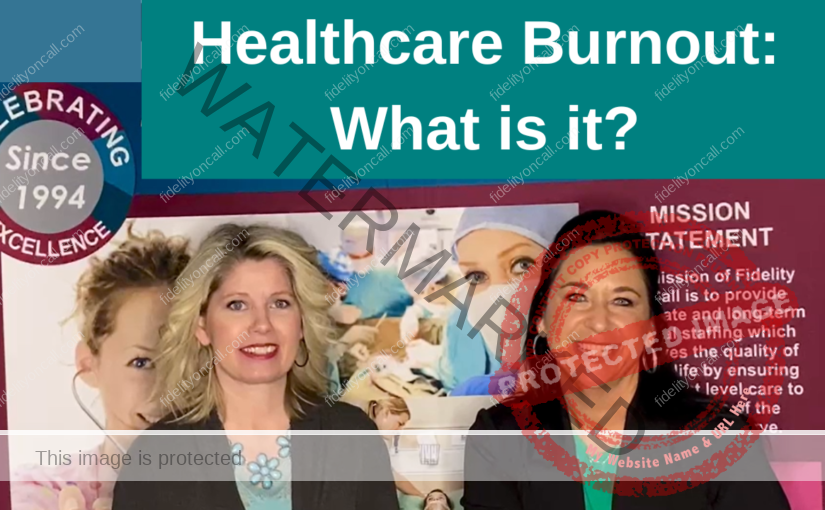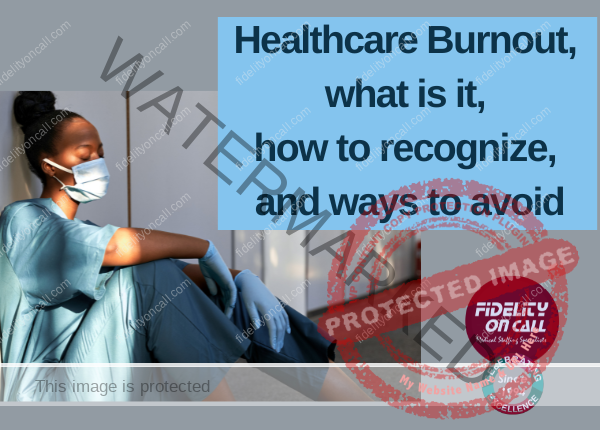Referring to some of our recent blogs and videos on healthcare burnout, another reason so many healthcare workers get burnt out is due to dealing with difficult people – whether it is patients, a patient’s family member, or coworkers. Dealing with difficult people can be challenging on many levels and if you are dealing with the same difficult person day after day, there are ways to manage that person and or manage yourself in the situation.
When finding yourself in a negative situation with a colleague, it is most important to understand that you do not need to like your colleague. It is not a prerequisite to doing good work together. What is necessary is to share the common goal of offering the best work and patient care together. Try the following dos and don’ts:
- Do NOT let the situation get personal. Regardless of how the other person behaves, you should ALWAYS take the high road. Bringing personal issues into work is a sure-fire way to create a difficult work situation.
- DO communicate the issue at hand. Often people assume something that may not be factual. Ask to speak with the colleague in private for just a moment to talk about the issue you are having. Moreover, you may wish to ask if there is something that you have done that may be causing this person to work negatively with you.
- Do NOT rule out examining yourself in the situation. It is far easier to blame others when things go wrong than to take a look at your part in the situation and see if there was something you could do differently.
- DO reach out to your recruiter. Your recruiter is always available to help discuss any situations you may have. Even if you feel it is a small issue, small issues can become large issues if gone unresolved. Your recruiter can help guide you through the situation to assist in immediately resolving the issue so that you and your professional integrity remain intact.
Most importantly, remember that there will always be difficult people in any profession. While you are unable to control the person causing you issues, your reaction and how you handle yourself, says everything about you. You are in control of your reaction and a simple reach out to your recruiter can help resolve the issue at hand. You do not have to ignore or just accept it.






